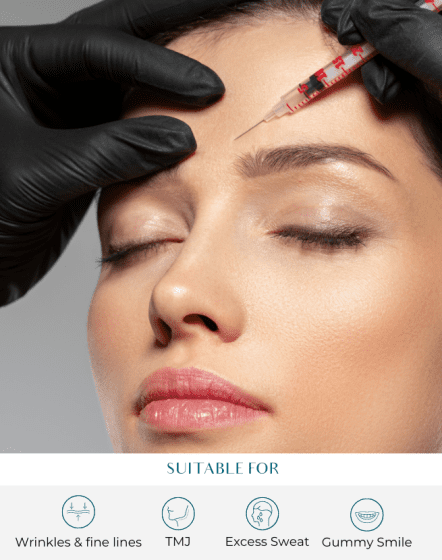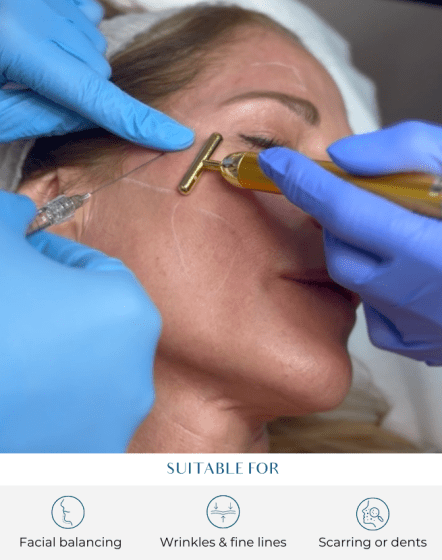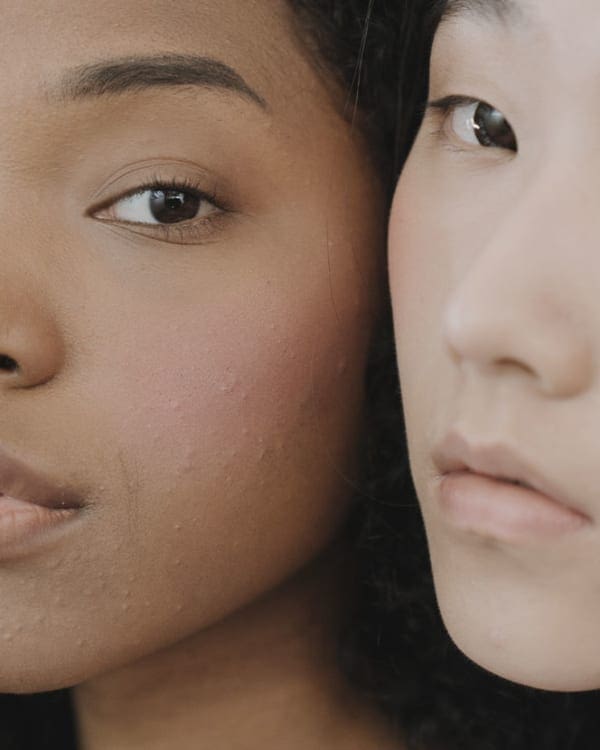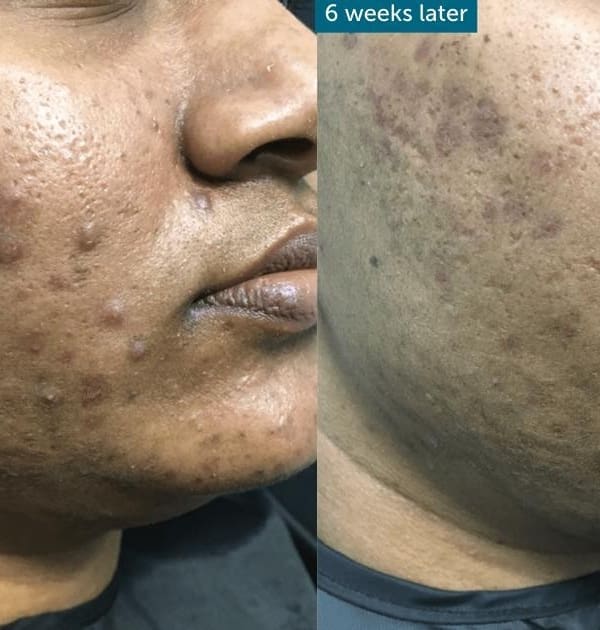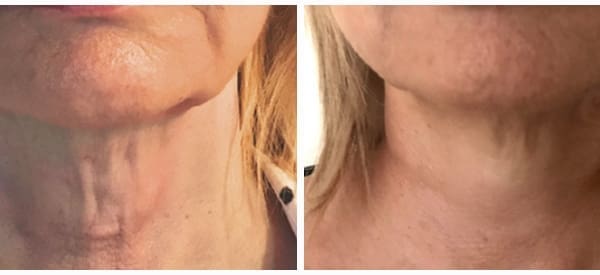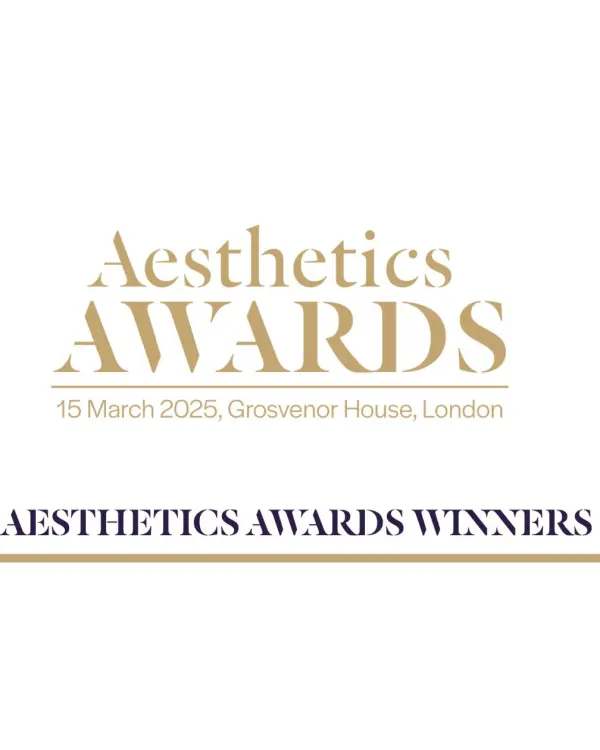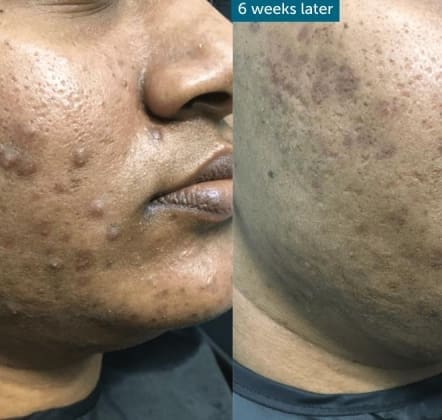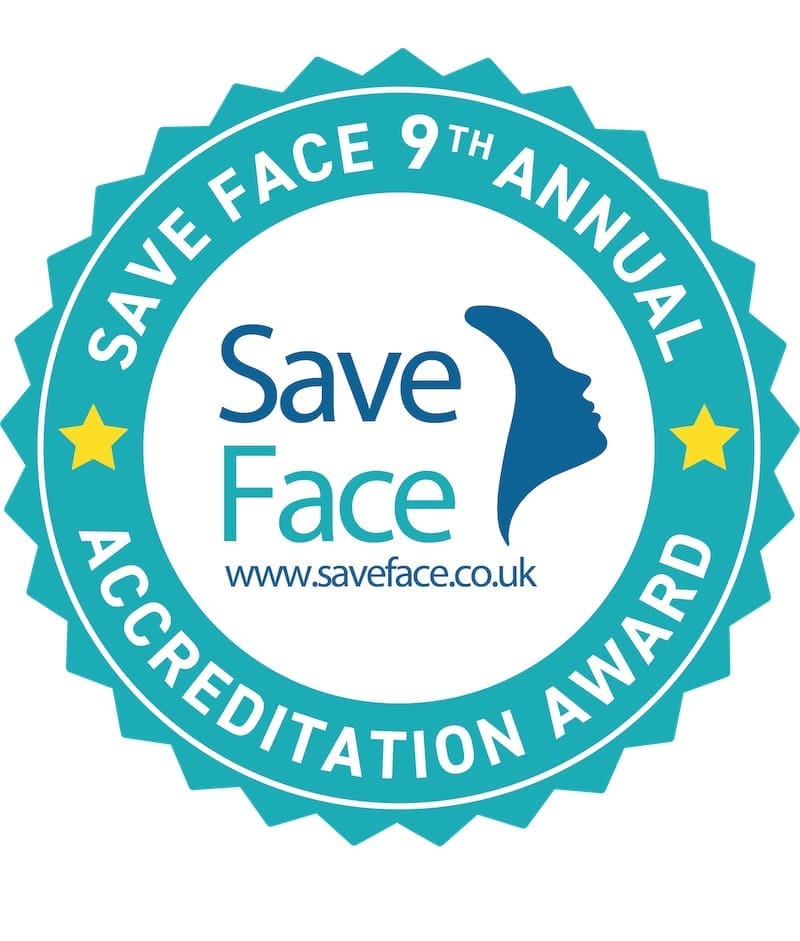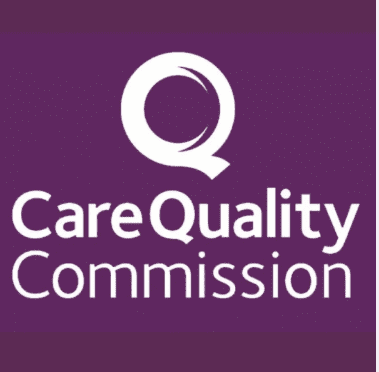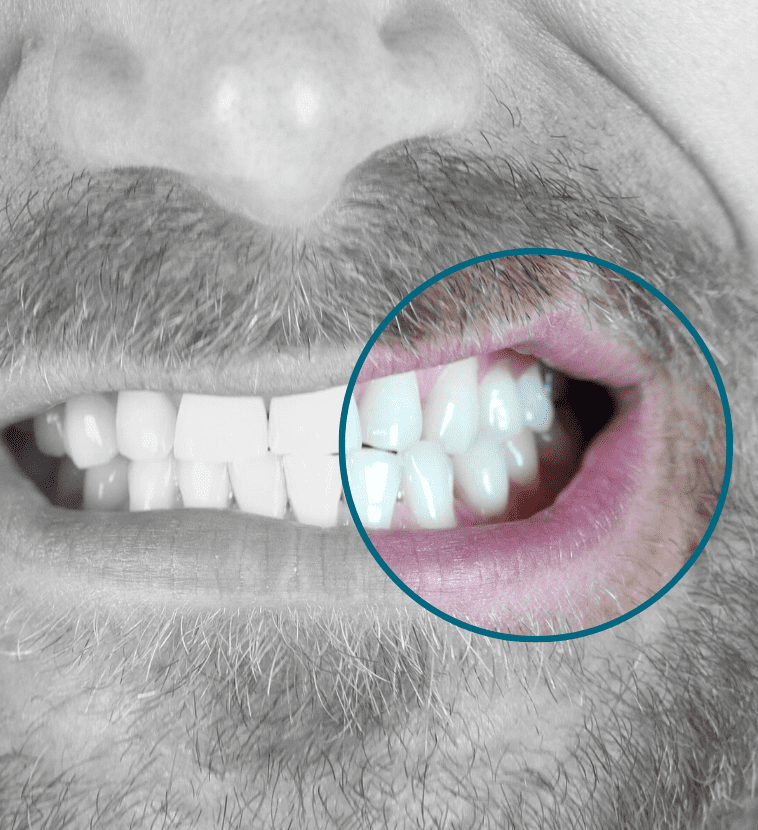

face Condition
Teeth Grinding (Bruxism)
Teeth grinding (Bruxism) is a problem in which you unconsciously grind or clench your teeth. This can happen day or night and you may be completely unaware you suffer with it. Bruxism is often related to stress or anxiety but can have other causes such as sleep problems, like snoring and sleep apnoea; taking certain medicines, including some antidepressants; smoking; drinking lots of alcohol and caffeine, and; taking drugs such as cocaine and ecstasy.
When grinding your teeth or jaw clenching, you can be left with other symptoms such as face, neck and shoulder pain; a painful jaw; headaches; earache, and; disturbed sleep. It can also lead to worn-down or broken teeth, leading to needing more dental work.

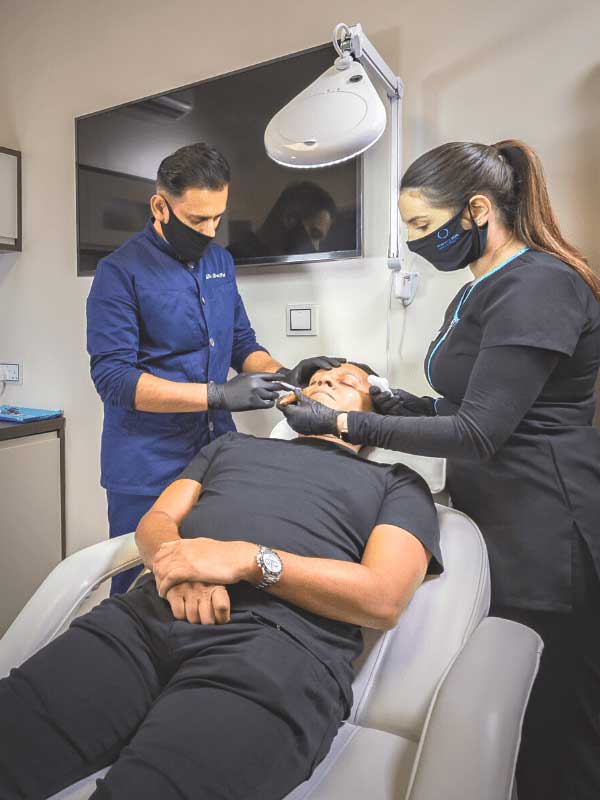

Why have your Teeth Grinding (Bruxism) treated at Perfect Skin Solutions?
We often hear in consultation that “no one has ever told me that when I have had Botox before!” Put simply, we are not interested in getting you on the couch within 5 minutes, jabbing you and taking your money. That is not medical care as it should be! This treatment has been oversimplified, partly by many poorly-trained individuals taking their hand to it. Understanding how the muscles work in harmony with one another in any given face, allows a better selection of points and doses, and thus a truly natural-looking result.
Having a licensed prescriber treat you just means it is legal, having an expert treat you means you give yourself the best chance of achieving your maximum aesthetic potential. With Anti-Wrinkle Injection treatment at Perfect Skin Solutions, your friends and colleagues will know you’ve done something, they just won’t know what. Let us introduce you to a truly expert approach to this popular treatment.
Get in contact
















